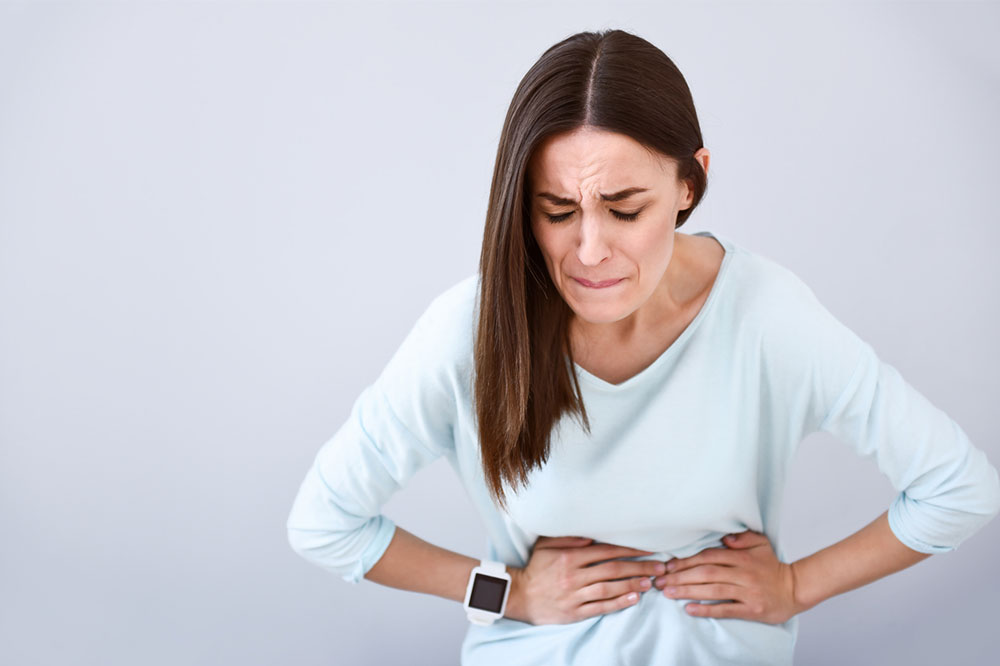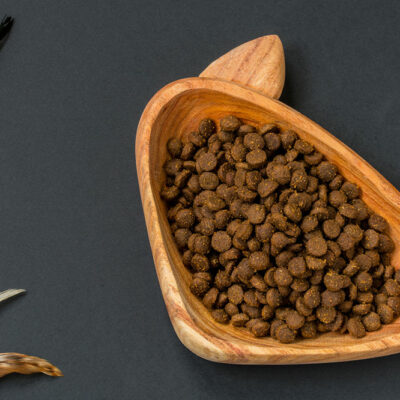
6 Lifestyle Changes To Help Manage an Overactive Bladder
Needing to go to the bathroom several times can be a sign of an overactive bladder (OAB). It’s best to get this condition checked by a doctor to make sure it is not a symptom of an underlying disease. Those diagnosed with OAB may be required to make lifestyle changes before they begin with medications or surgical treatments. Here are some useful lifestyle tips that help calm an overactive bladder:
- Lose excessive weight
If you are overweight, then your weight may be putting constraints and unnecessary pressure on your body organs, including the bladder. You can enrol in a diet program or consult a nutritionist who may help you with a food plan that is low-fat and nutrient-rich. According to researchers, even losing five percent of your body weight can help reduce incontinence dramatically.
- Quit smoking
When you smoke certain substances such as cigarettes, harmful chemicals enter your organs and blood directly that can interfere with the functioning of the bladder. Those who are chain smokers sometimes develop chronic cough, which can even result in urine leakage. Smoking e-cigarettes or hookah is an even greater cause of concern. It’s best to consult your doctor who may suggest an effective solution to this.
- Perform pelvic exercises
Strengthen your pelvic muscles by practising Kegel exercises. This involves squeezing together the pelvic floor muscles, holding them for about five and releasing them, and repeating the process ten times. Remember to not hold your breath while performing this movement. Also, make sure that you are not moving or flexing your other muscles such as thighs, buttocks, or abdomen.
- Follow a healthy diet
Foods that contain caffeine, including coffee and soda, or even certain fruits such as apples, cranberries, and citrus fruits can increase the urge to urinate frequently. Incorporate more fibrous foods such as barley, oats, green vegetables, beans, and lentils in your diet. Keep yourself well-hydrated and drink the right amount of water daily. This will ensure that your digestive system functions well.
- Check your medication
Medications such as certain muscle relaxants, blood pressure pills, and antidepressants may trigger an overactive bladder. Specific medications need to be taken at a particular time of the day for more effective results. If you realize that your regular pills are causing OAB, then after consulting your doctor, you can replace them or change the time at which you consume them.
- Bladder training
If OAB is left untreated for long, then the bladder muscles start to react in a harmful way. You can regularize your bladder movement with bladder training. In this process, you are taught to contain the need to urinate for longer periods of time, thereby increasing the intervals between urinations. You can start with holding it for 10 minutes in the beginning and then gradually work your way up to three hours. It’s crucial to create a schedule of urination breaks and a diary that records how frequently you urinate.


